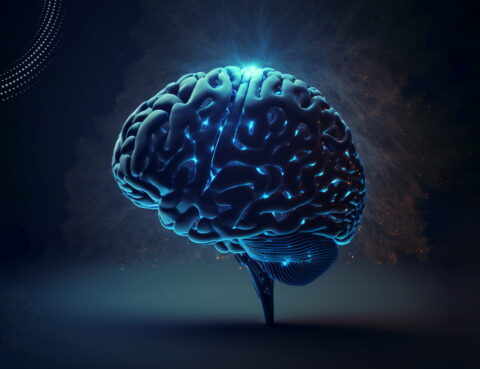
Myofascial syndrome is a common and often debilitating condition. It affects the body’s muscles and connective tissues. It is characterized by: Development of painful trigger points or knots in the muscle tissue And surrounding fascia Up to 85% of people have myofascial pain at some point in their lives. It makes it the primary cause…

Stress is common in many health conditions. One is neuropathy, a nerve disorder that can cause numbness, tingling, and pain in the hands and feet. Neuropathy is often caused by physical factors such as injury or disease. But stress can also play a significant role in its development and progression. When the body is under…

Limbic system disorder can be due to a range of factors, including: genetics; environmental stressors; traumatic experiences. Limbic system damage symptoms can vary widely. Still, they may include: feelings of anxiety or panic; intrusive thoughts or memories; difficulty sleeping; a sense of detachment from oneself or others. These symptoms can be debilitating and interfere with…

Almost everyone experiences a headache from time to time. In most cases, you can manage it with an over-the-counter pain reliever. In other cases, learning to relax and relieve tension can help get rid of the headache. But, sometimes, a headache can be a sign of a serious health problem. You can associate different symptoms…

The normal blood pressure is 120/80. This figure is optimal, although minor changes are possible. They depend on age and individual body characteristics. The pulse rate in the normal range is 85 heartbeats per minute. Low blood pressure with a high pulse is pathological state of the body. It poses a danger to a person’s…

Autonomic dysfunction is a condition that affects the body’s autonomic nervous system. As it controls involuntary functions such as: heart rate; blood pressure; digestion, and more. One of the most popular ways to treat autonomic dysfunction is medication. But you also can tackle this disorder by implementing lifestyle changes. The condition can be debilitating and…

Autonomic neuropathy can have a significant impact on an individual’s quality of life. As it can affect their ability to carry out daily activities and lead to discomfort and pain. It can also lead to serious complications, such as: heart failure; kidney damage; gastrointestinal bleeding. Thus, early recognition and treatment of the condition are crucial…

Post-traumatic epilepsy is a condition that affects people who have traumatic brain injuries(TBIs). Up to 5% of individuals who suffer from TBI will develop PTE. It can significantly impact their quality of life. PTE can occur immediately after the injury or may take several years to develop. Symptoms of PTE can vary widely and may…

Are we talking about neurological diseases? Cerebral atrophy is one of the most debilitating. It refers to the progressive destruction or deterioration of brain cells. It naturally leads to cognitive decline. And alas, you can often encounter movement disorders. Doctors usually see progressive cerebral atrophy in the aging population. But young people, unfortunately, are no…

Having an understanding of the phases of seizures is crucial when it comes to managing this condition effectively. This knowledge is especially helpful for providing suitable treatment. It’s worth noting that not all individuals experience every stage of a seizure. But recognizing the stages can help people with seizures to identify warning signs. It’s crucial…
